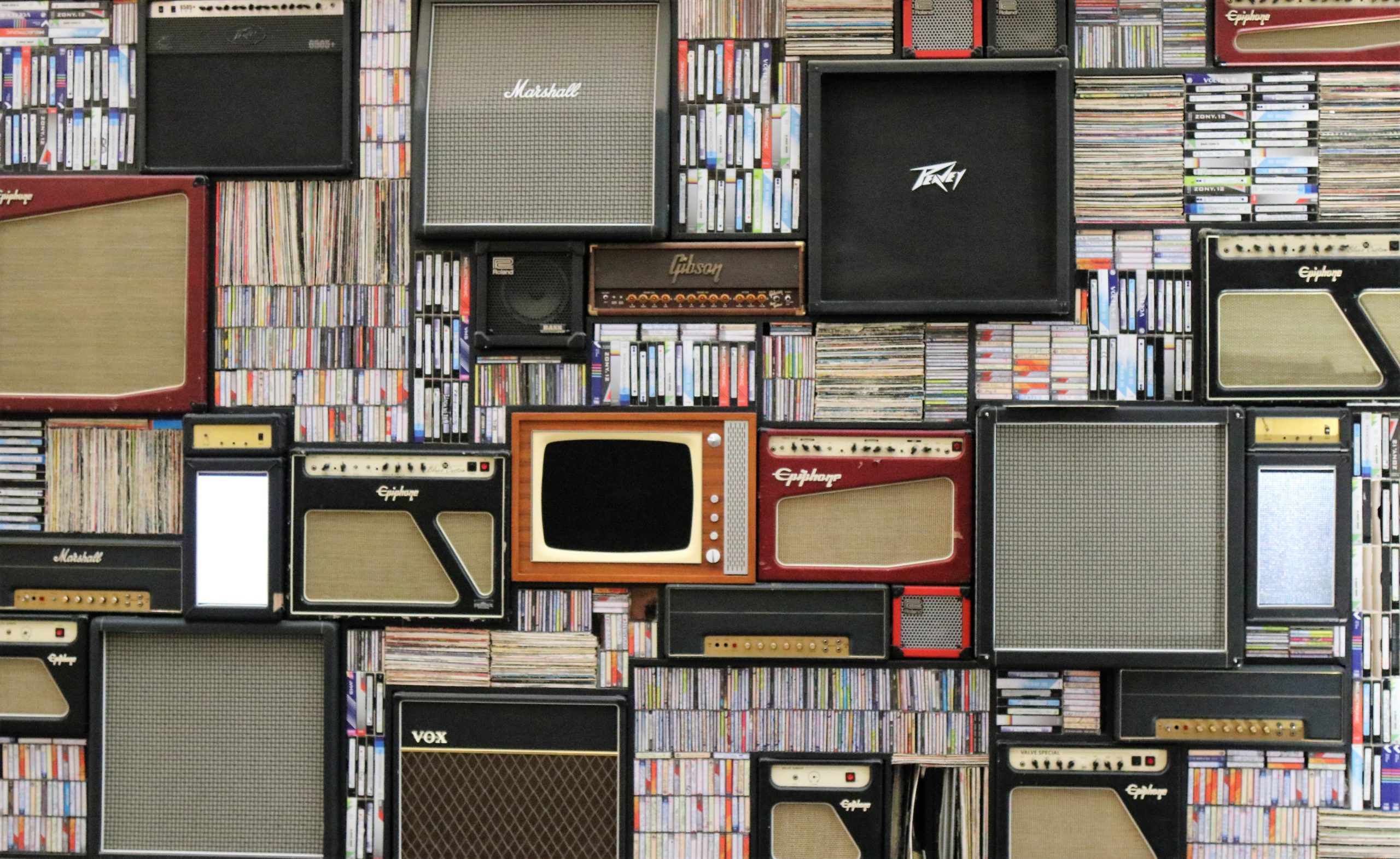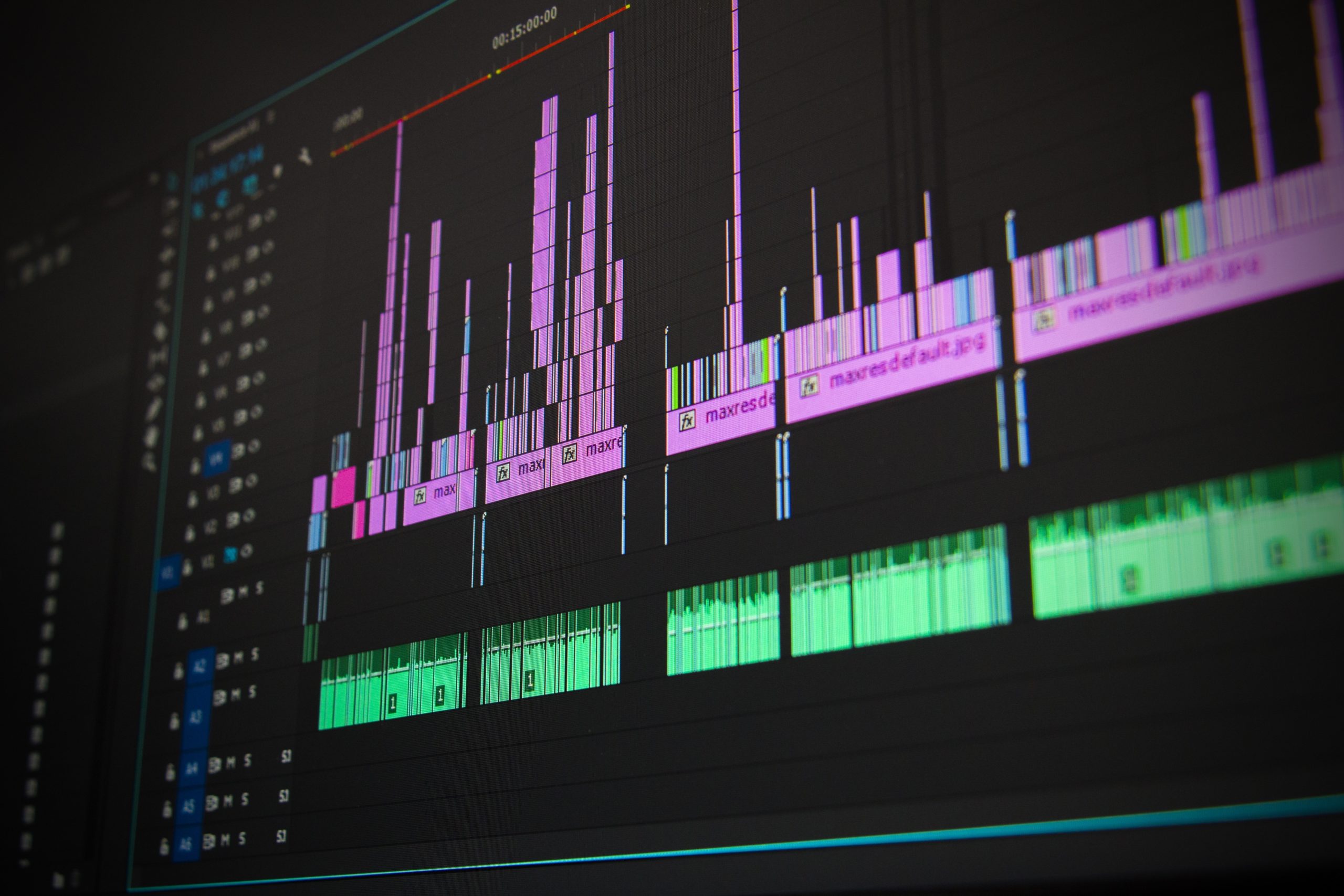Music gets used illegally all the time. However, once your music becomes registered and copyrighted, you reserve the right to delegate who gets to use it. From TV and film to public venues, everyone uses music to enhance their content, but they can only do so with the appropriate licenses and clearances. In order to obtain a particular license you must pay for it, and different types of licenses exist for different permissions.
For now, let’s explore a few different ways of licensing music.

Types of Music Licenses
1. Mechanical License
A mechanical license must be acquired for any physical redistribution of music. Traditionally applied to CDs, artists create agreements with distributors or labels on the terms of sale. Physical sales are usually paid per copy.
2. Synchronization License
Sometimes referred to as a sync license, synchronization licenses must be obtained for music that accompanies any visual work. Extending to several mediums, synchronization licenses cover commercials, TV shows, advertisements, films, and many other types of visual content. This is also the type of license used in music supervision. Sync licenses are the most broad-ranging type of license.
3. Master License
Very similar to a sync license in terms of use, a master license grants permission to use a pre-recorded version of a song. Master rights are also held by the copyright owner of the song. Oftentimes master licenses and synchronization licenses are coupled together in purchases.
4. Public Performance License
As one of the most commonly issued licenses in the music industry, a public performance license covers any broadcast of an artist’s song. A public performance can be a concert, performing in a restaurant, or even at a sporting event. In most cases, these licenses are managed by Performing Rights Organizations (PROs) where royalties are collected for the artist.
5. Sample Clearance
Just as businesses and events must acquire permission to use your musical works, as an artist you must do the same when referencing other music. This is known as sampling. Samples are parts of a pre-existing composition modified in some form to create or accompany a new track. By gaining approval, the composition becomes “cleared” for use. Basic sample clearance is obtained through the purchase of a sync license and master license, however, some copyright owners might have particular stipulations when it comes to sampling their work.

As you continue to grow as an artist, you’ll want to ensure your music is protected. By signing up with the Mezzo Agency, you are guaranteed proper issuance of all licensing that pertains to your music. Get the recognition and payment you deserve for your hard work!

